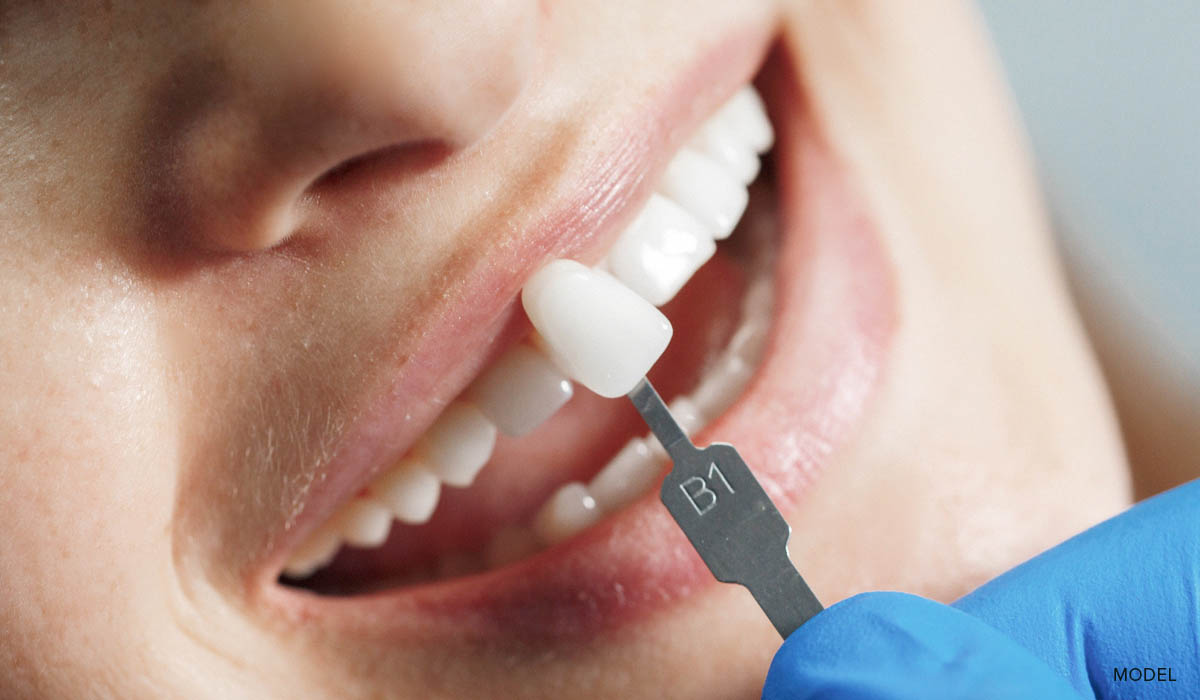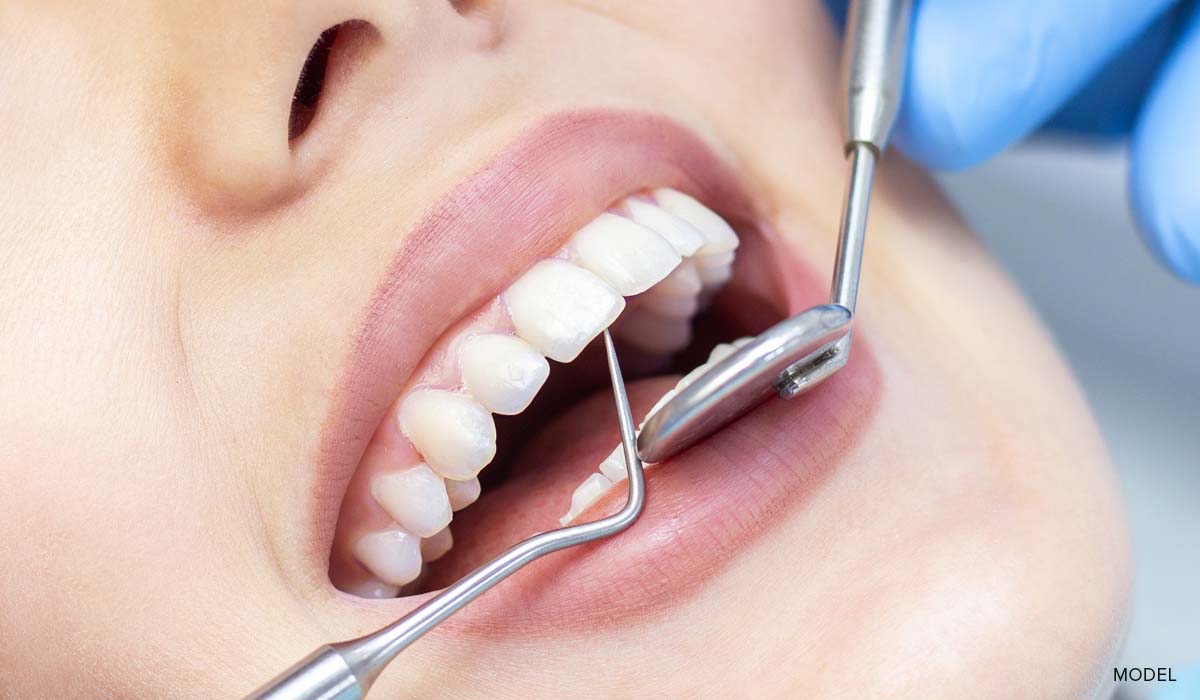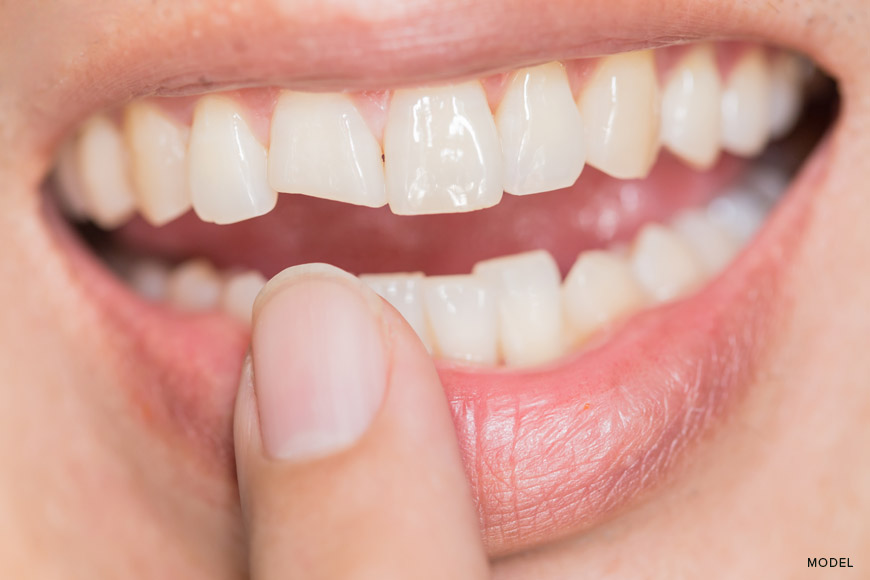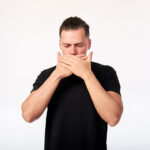A chipped or cracked tooth is a common dental emergency that can cause significant pain and discomfort. It occurs when a part of the tooth breaks off, leaving the sensitive inner layers exposed. If left untreated, a chipped tooth can lead to further complications such as tooth infection, gum swelling, and tooth nerve damage.
Common Culprits Behind Chipped Tooth
A chipped tooth can occur due to a variety of factors, including:
- Trauma: Accidents, falls, or sporting activities can cause a tooth to chip.
- Biting down on hard objects: Chewing on ice, hard candy, or using teeth as tools can lead to tooth damage.
- Age: As we age, our teeth naturally become weaker and more prone to chipping.
- Dental Fillings: Large or old dental fillings can weaken the tooth structure and increase the risk of tooth fracture.
- Tooth decay: Weakened teeth due to tooth decay are more susceptible to chipping.
- Bruxism: Teeth grinding or clenching puts excessive pressure on the teeth, increasing the risk of chipping.
- Poor dental hygiene: Neglecting regular brushing, flossing, and dental check-ups can weaken teeth and make them more susceptible to chipping.
How to Spot a Chipped Tooth
If you have chipped a tooth, you may experience the following symptoms:
- Pain: You may experience tooth pain or sensitivity when biting or chewing.
- Tooth sensitivity: Your tooth may become more sensitive to hot or cold temperatures.
- Gum swelling: The surrounding gum tissue may become swollen or tender.
- Visible damage: You may be able to see or feel a rough or jagged edge where the tooth has chipped.
Choosing the Right Treatment Options for Your Chipped Tooth

If you experience any symptoms of a cracked or chipped tooth, it is crucial to seek prompt dental care. The appropriate treatment depends on the severity of the fracture and the involvement of the tooth nerve. Common treatment options for chipped tooth include:
Temporary Pain Relief
While it is essential to see a dental professional as soon as possible for treatment, there are some steps you can take to temporarily relieve the pain caused by a chipped tooth:
- Rinse your mouth with warm salt water: Mix half a teaspoon of salt in eight ounces of warm water and swish the solution around your mouth for 30 seconds before spitting it out. This rinse can help reduce inflammation and kill bacteria in the mouth.
- Apply a cold compress: Place an ice pack wrapped in a cloth on the affected area for 10 to 15 minutes to reduce swelling and numb the area.
- Over-the-counter pain medication: Nonsteroidal anti-inflammatory drugs (NSAIDs), such as ibuprofen or acetaminophen, can help relieve pain and reduce inflammation. Follow the package instructions or consult your dentist for proper dosage.
- Avoid biting on the affected tooth: Try to avoid putting pressure on the chipped tooth to prevent further damage.
Dental Treatment
For severe cases, it is essential to seek professional dental care to address the underlying cause of the chipped tooth and prevent further damage. Your dentist may recommend one or a combination of the following treatment options:
- Dental Filling: For minor cracks or fractures that do not involve the tooth nerve, your dentist may repair the tooth with a dental filling. The filling helps restore the tooth’s function and appearance.
- Dental Bonding: In cases where a significant portion of the tooth is broken and missing, dental bonding may be recommended. A tooth-colored resin material is applied to the tooth surface, shaped, and hardened to restore its natural look.
- Dental Veneers: For more extensive chips or those affecting the front teeth, dental veneers may be recommended. These thin shells are customized to match your natural teeth and are bonded to the front surface of the tooth to improve its appearance.
- Dental Crown: If a large part of the tooth is broken or damaged, a dental crown may be necessary to provide additional strength and protection. The crown covers the entire tooth structure above the gum line.
- Root Canal Therapy: If the broken tooth has exposed the inner pulp containing nerves and blood vessels, a root canal may be required. This procedure involves removing the infected or damaged tissue, cleaning the canal, and sealing it to prevent further infection.
- Tooth Extraction: In severe cases where the tooth cannot be saved, it may need to be extracted. Your dentist will discuss replacement options, such as dental implants or bridges, to restore your smile and dental function.
Tips for Proper Oral Care after Dental Treatment
After receiving treatment for a chipped tooth, it is crucial to follow proper post-treatment care instructions to aid in healing and prevent further damage. Your dental professional will provide you with specific instructions, but here are some general guidelines to follow:
- Maintain good oral hygiene: Brush your teeth twice a day with a soft-bristle toothbrush and fluoride toothpaste. Floss daily to remove food particles and debris from between your teeth.
- Use an antiseptic mouthwash: Rinse your mouth daily with an antiseptic mouthwash to reduce the risk of infection and kill bacteria.
- Avoid chewing on hard objects: To prevent further damage to your teeth, avoid chewing on hard candies, ice cubes, pens, or anything that can increase the risk of a broken tooth.
- Quit smoking: Smoking can delay the healing process and increase the risk of oral health problems. Quitting smoking will improve your overall oral health and reduce the risk of complications.
- Visit your dentist regularly: Make sure to schedule regular check-ups and cleanings with your dentist to address any potential issues before they escalate into significant problems. This will not only promote proper healing for any treated teeth but also help maintain your overall oral well-being.
- Wear a mouthguard: If you participate in sports or physical activities that could pose a risk of dental injury, wear a custom-fitted mouthguard. This can protect your teeth from direct impact and reduce the risk of chipping.
What Are the Consequences of Leaving Chipped Tooth Untreated?
Ignoring chipped teeth is not a wise idea, as it can lead to severe consequences for your oral health. Some of the potential issues that can arise include:
- Increased sensitivity: Chipped teeth can expose the sensitive inner layers of your teeth, leading to pain and discomfort when eating or drinking.
- Infection: If a chipped tooth is left untreated, it can become infected, causing pain, swelling, and even tooth loss.
- Worsening damage: A chipped tooth can continue to deteriorate over time, leading to more severe damage, such as cracks or fractures.
- Bite problems: Chipped teeth can affect your bite, leading to pain and discomfort when eating or speaking.
Why Are Regular Dental Checkups Important?

Regular dental checkups are essential for maintaining dental health and detecting problems such as chipped tooth early on. During dental checkups, dentists can identify any issues and provide treatment before they become more severe. They will examine your teeth, gums, and mouth for any signs of damage or disease. They may also take dental x-rays to identify any underlying issues that may not be visible to the naked eye.
If you’ve noticed that your teeth are chipping, don’t ignore the issue. Schedule a dental checkup as soon as possible to address the problem before it becomes more severe. At Madison Dentistry, we are committed to helping our patients achieve and maintain optimal oral health. Our experienced team of dental professionals offers a range of services, from routine checkups to advanced restorative treatments, to help you achieve a healthy, beautiful smile. Contact us today to schedule your next dental appointment.




